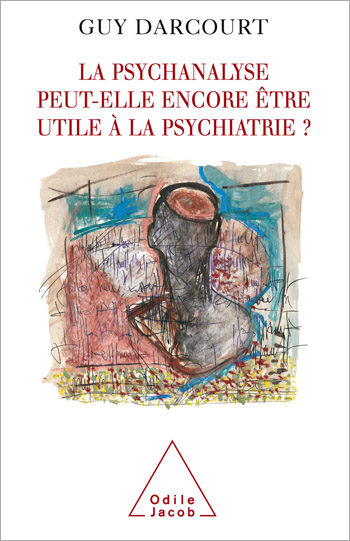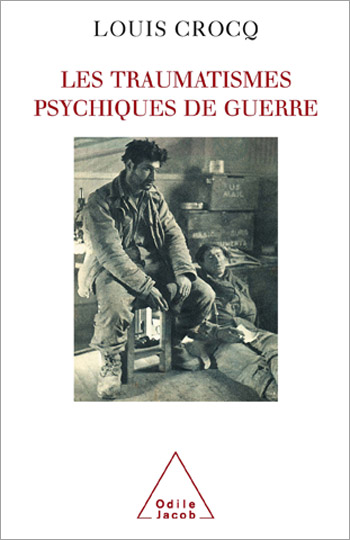Psychiatry All books

Barbara Donville
New Paths for Navigating Autism in Children
Autistic children are misunderstood because they think and act in ways that are unfamiliar to the rest of us. A therapist brings her personal experience to the subject in this profound yet practical book.

Michel Delage, Antoine Lejeune
Memory Without Recall
The identification of the various facets of a composite memory, with its neuro-cerebral bases and the complex relationships it maintains with our conscious memory. By two clinicians, one neurologist and the other psychiatrist, the presentation of therapeutic applications of this memory in the field of trauma, neurodegenerative disorders such as Alzheimer's, body-oriented psychotherapy techniques and even family therapies.
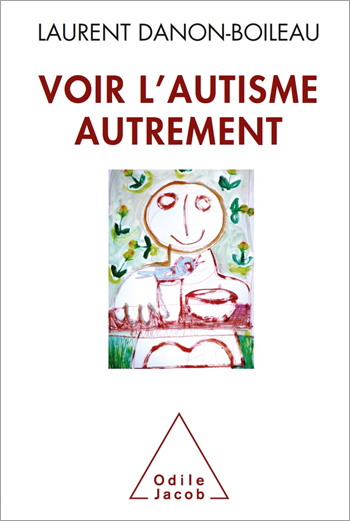
Laurent Danon-Boileau
An Alternative View of Autism
To provide the best possible care for autistic children, here is a thorough exploration of all the available therapies
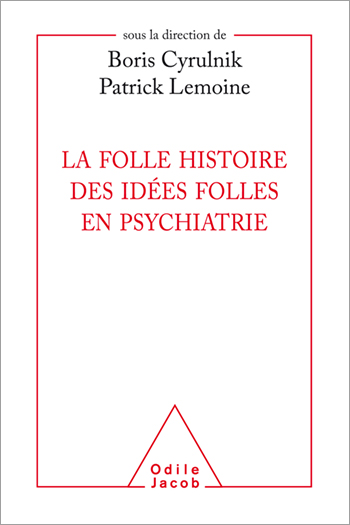
Boris Cyrulnik, Patrick Lemoine
The Crazy History of Crazy Ideas in Psychiatry
A lively and illuminating perspective on the history of a discipline that is still young. Unusual reflections on the future of treatment for psychiatric illness, based on past mistakes. Suggestions for helping the near future to become the Golden Age of psychiatry.
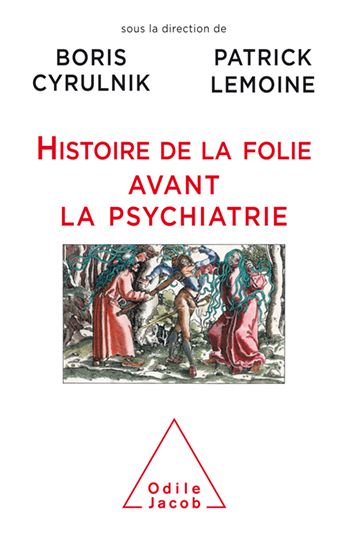
Boris Cyrulnik, Patrick Lemoine
Stories of Madness before Psychiatry
An original reflection on the future of the treatment of psychiatric illnesses based on its past mistakes.

Roland Coutanceau
The Injuries of Intimacy
How can evil be understood? How can we apprehend the barbaric potential of some human beings? The need for large-scale information, prevention and education is underlined here
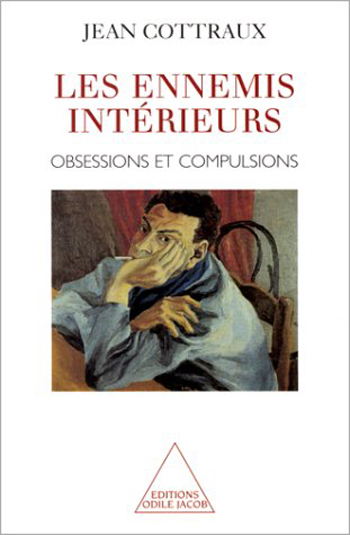
Jean Cottraux
Internal Enemies Obsessions and Compulsions
Why do some people become obsessed with cleanliness, fear of causing accidents, or the idea that they are guilty of some fault or imperfection? Where should the line be drawn between "normal" obsessions, from which everyone suffers to a greater or lesser degree, and pathological obsessions? When should measures be taken to treat those who suffer from obsessions? Why have obsessive-compulsive disorders become so common (2.5% of the population now suffer from them)? Jean Cottrauxs study of several clinical cases enables him to describe how obsessive-thought processes function. Doctor Jean Cottraux is a clinical psychiatrist and lecturer at the Université de Lyon I.



